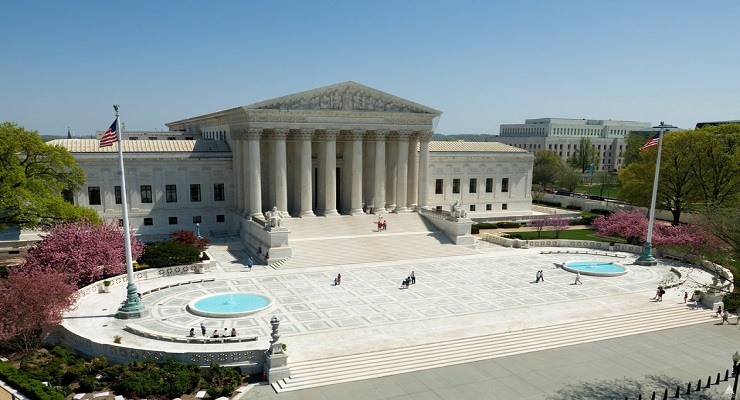
From Brennan Center For Justice by Frederick A. O. (“Fritz”) Schwarz, Jr.
Two fundamental flaws in the Constitution’s appointment system must be fixed. First, there is no regularized system for Supreme Court appointments. Because presidents can appoint new justices only when a sitting justice resigns or dies, justices are appointed unevenly, so that some presidents have many appointments, while others have few or even none. In addition, because justices now serve longer on average than their predecessors, there are significantly fewer appointment opportunities. These developments fray the only formal link between the court and the people — nomination by an elected president and confirmation (or not) by elected senators. In the early days of the republic, when the court was viewed as weak, such defects caused little harm. But today, with the court holding immense power, the lottery appointment system undermines the court’s constitutional legitimacy and erodes the court’s connection to our democracy.
Second, life tenure permits justices themselves to strategically time their retirements so that an ideologically like-minded president can appoint their successor. Recently, this has become the norm. Such ideological control of a Supreme Court seat was never contemplated by the founders. In addition, some justices have remained on the court after a severe decline in their mental or physical capacities, in hopes of lasting until a president who shares their legal and policy preferences takes office. Such ideological control of a Supreme Court seat was never contemplated by the founders when they wrote the Constitution.
Fixing these flaws requires a constitutional amendment with two related provisions. First, Supreme Court appointments should be regular. Every president, in the first and third year of each term, would nominate a Justice, subject to Senate confirmation. Second, each new Supreme Court justice would serve a single 18-year term — still “during good behavior.” (This term limit would not apply to current justices.) And if a new justice did not serve a full term due to retirement or death, his or her successor would be nominated only to complete the remainder of the 18-year term. The successor would not get a new 18-year term.
See full story here.
Leave a Reply